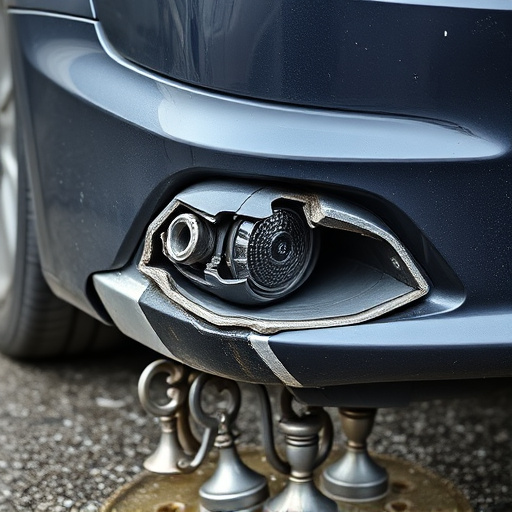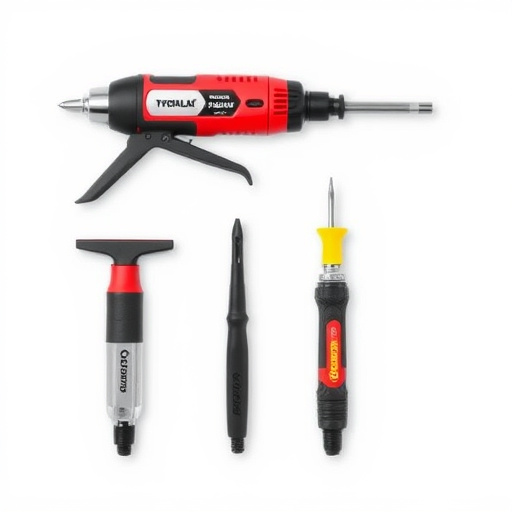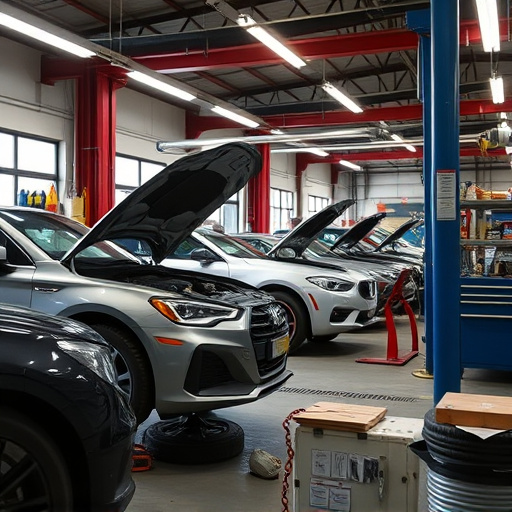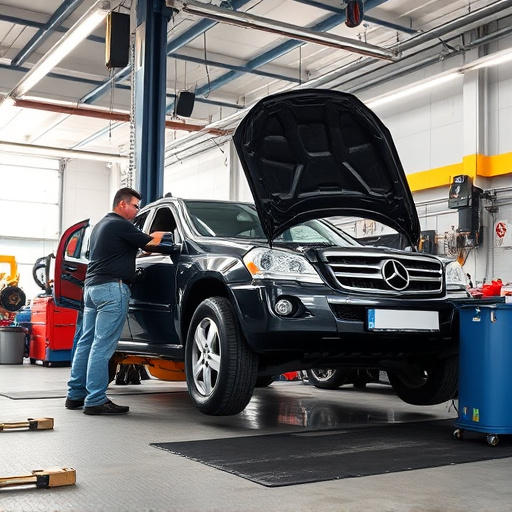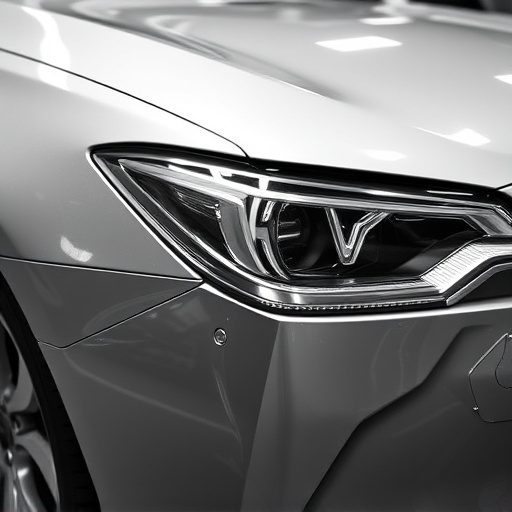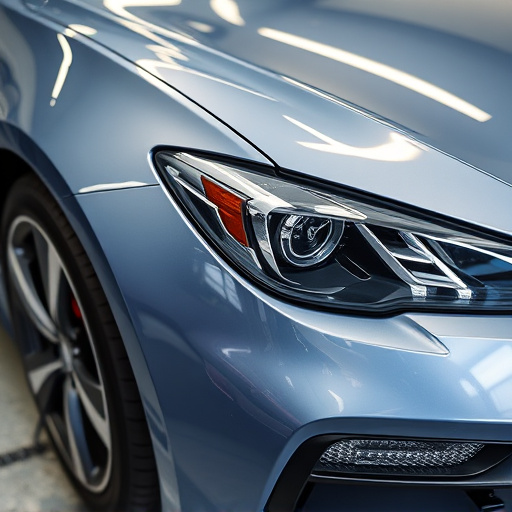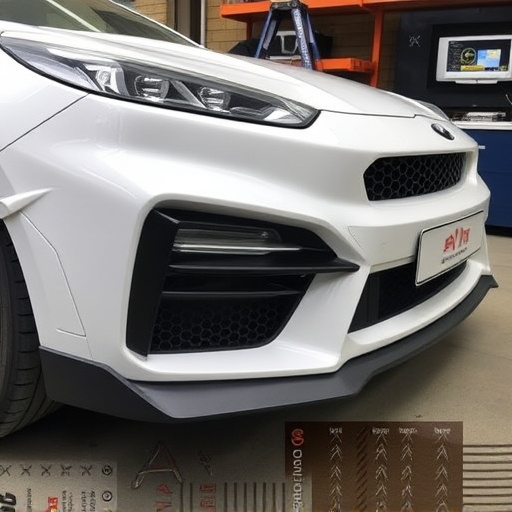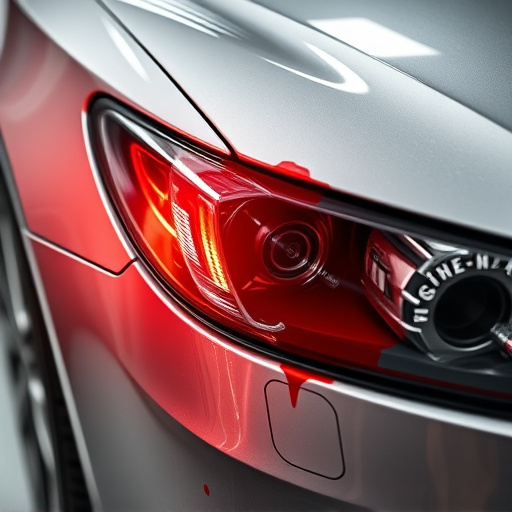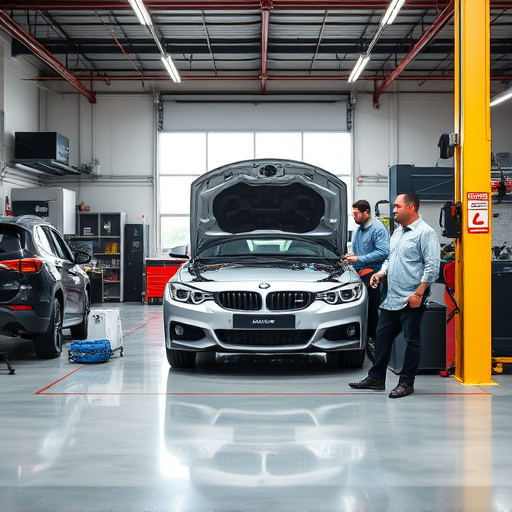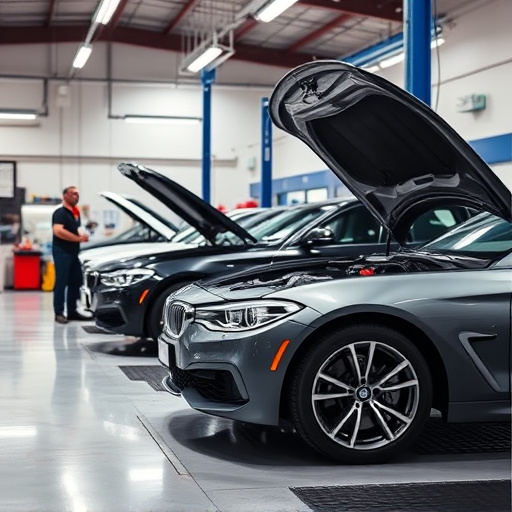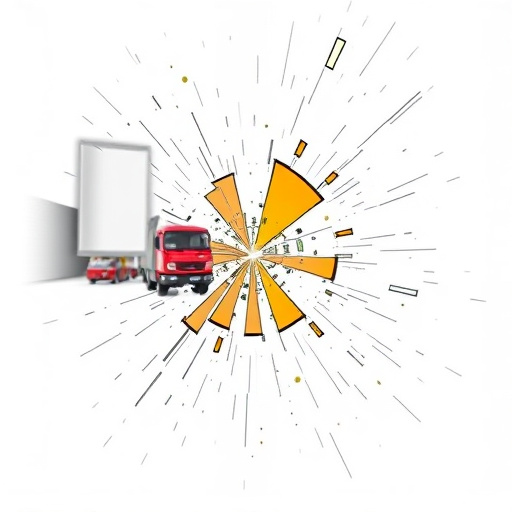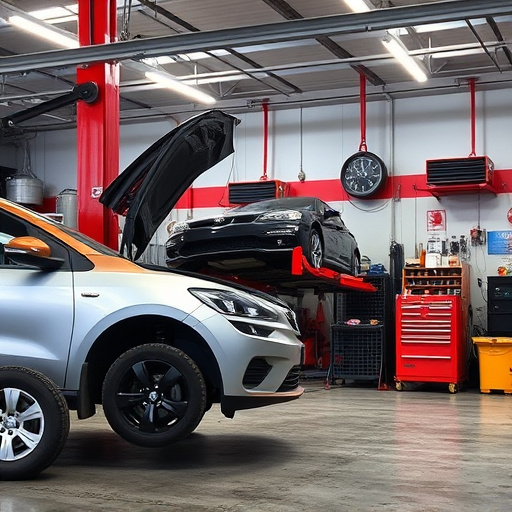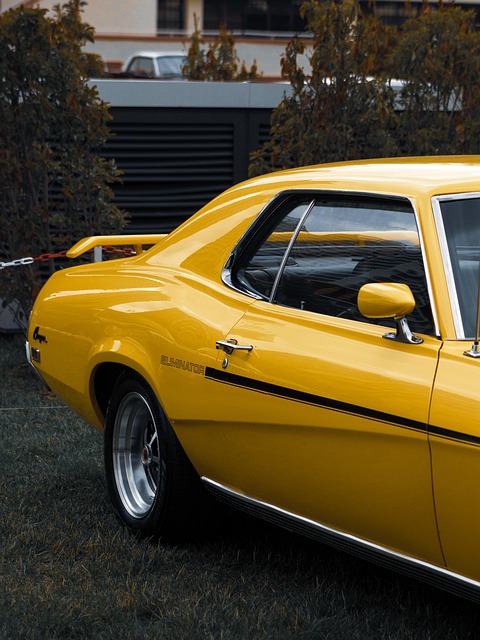Choosing a collision repair center requires understanding OEM and Independent certifications for quality assurance. OEM certification guarantees genuine parts and manufacturer guidelines, while Independent certifications like I-Car or ASE offer broader testing and diverse skill sets using high-quality parts and up-to-date techniques. When selecting a collision repair certification center, align your goals with the provider's reputation, seeking comprehensive courses recognized by industry bodies for exceptional service from car scratch repairs to body shop tasks.
In today’s automotive industry, understanding collision repair certification is crucial for ensuring quality and safety. This article delves into two primary certification types: OEM (Original Equipment Manufacturer) and independent certifications. By exploring their key differences, you’ll gain insights to make an informed decision when choosing a collision repair certification program. Whether you’re a professional or consumer, this guide will empower you to navigate the landscape of collision repair excellence.
- Understanding OEM and Independent Certifications
- Key Differences Between OEM and Independent Standards
- Choosing the Right Collision Repair Certification Program
Understanding OEM and Independent Certifications

When it comes to collision repair, understanding the difference between OEM (Original Equipment Manufacturer) and Independent certifications is crucial for vehicle owners looking for quality workmanship. These certifications play a significant role in ensuring that repairs meet specific standards and use original parts, which are vital for maintaining the safety and value of your vehicle.
OEM certifications guarantee that the repair facility adheres to the manufacturer’s guidelines and uses genuine parts, ensuring compatibility and performance. This is particularly important for complex vehicle systems. On the other hand, Independent certifications provide an assurance of quality and skilled workmanship from third-party organizations, offering a broader range of testing and verification processes. For auto enthusiasts or those seeking reliable auto repair near me, understanding these distinctions can help in making informed decisions when choosing a trusted collision repair certification center for their autobody repairs.
Key Differences Between OEM and Independent Standards

When comparing OEM (Original Equipment Manufacturer) to independent collision repair certifications, several key differences emerge. OEM certification is granted by automakers, ensuring that repair facilities meet their specific standards for parts and processes directly related to the vehicle’s original design and manufacturing. This emphasizes precision and authenticity in using genuine parts and methods, crucial for maintaining the vehicle’s safety and performance.
In contrast, independent collision repair certifications, such as those from I-Car or ASE (Automotive Service Excellence), focus on broader automotive knowledge and skill sets. These certifications validate a repair center’s capability to handle a wide variety of makes and models, not just specific vehicles. While they may not delve into the precise details of OEM standards, they ensure that the collision repair center employs up-to-date techniques, uses high-quality parts (though not necessarily OEM), and adheres to safety protocols—all vital aspects for an excellent vehicle repair experience at a reputable collision repair center.
Choosing the Right Collision Repair Certification Program

When considering a collision repair certification program, it’s essential to assess your goals and the reputation of the training provider. Look for programs that offer comprehensive coverage of automotive body work, including specialized techniques like car scratch repair. The curriculum should align with current industry standards and best practices to ensure you gain practical skills relevant to the ever-evolving landscape of body shop services.
Additionally, check if the certification is recognized by leading industry bodies. Reputable programs will provide hands-on training in safe and controlled environments, enabling you to develop proficiency in various aspects of collision repair. This investment in your education will not only enhance your employability but also empower you to deliver top-quality services, ensuring customer satisfaction with every car scratch repair or other body shop service you undertake.
When selecting a collision repair certification program, understanding the distinctions between OEM and independent standards is vital. Each has its unique advantages and caters to specific needs within the automotive industry. By evaluating these differences, professionals can make informed decisions, ensuring they align with their career goals and contribute to the highest standards of vehicle repair. Ultimately, choosing the right certification program empowers technicians to excel in their field and meet the evolving demands of modern collision repair practices.
